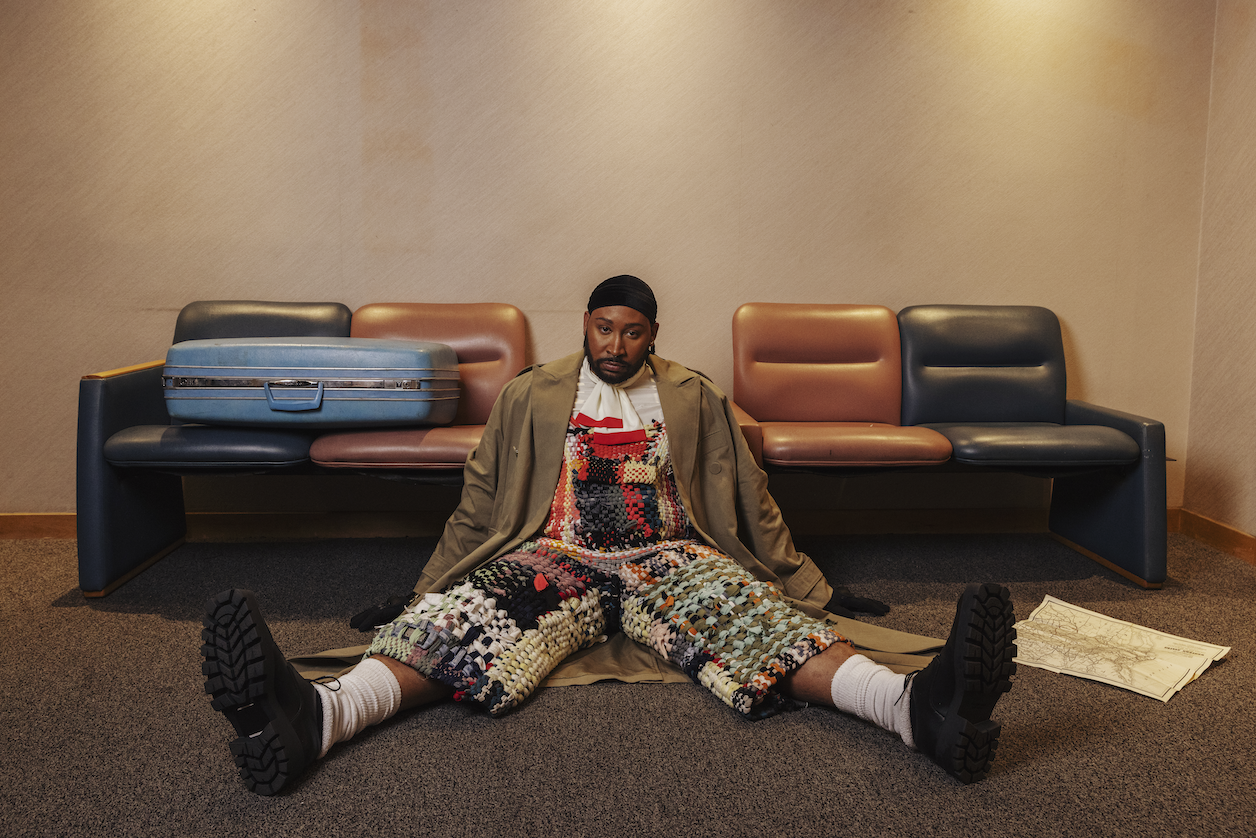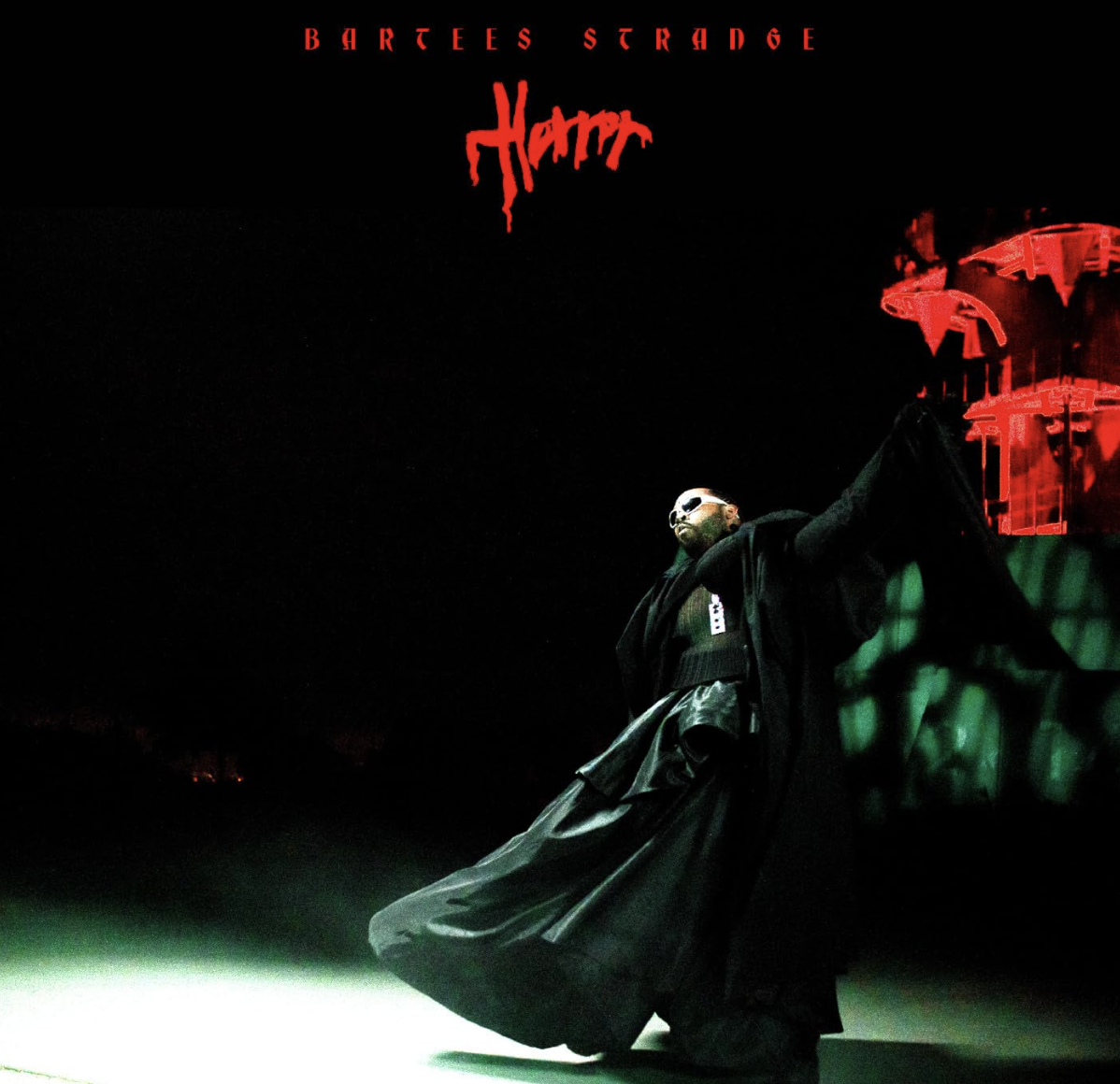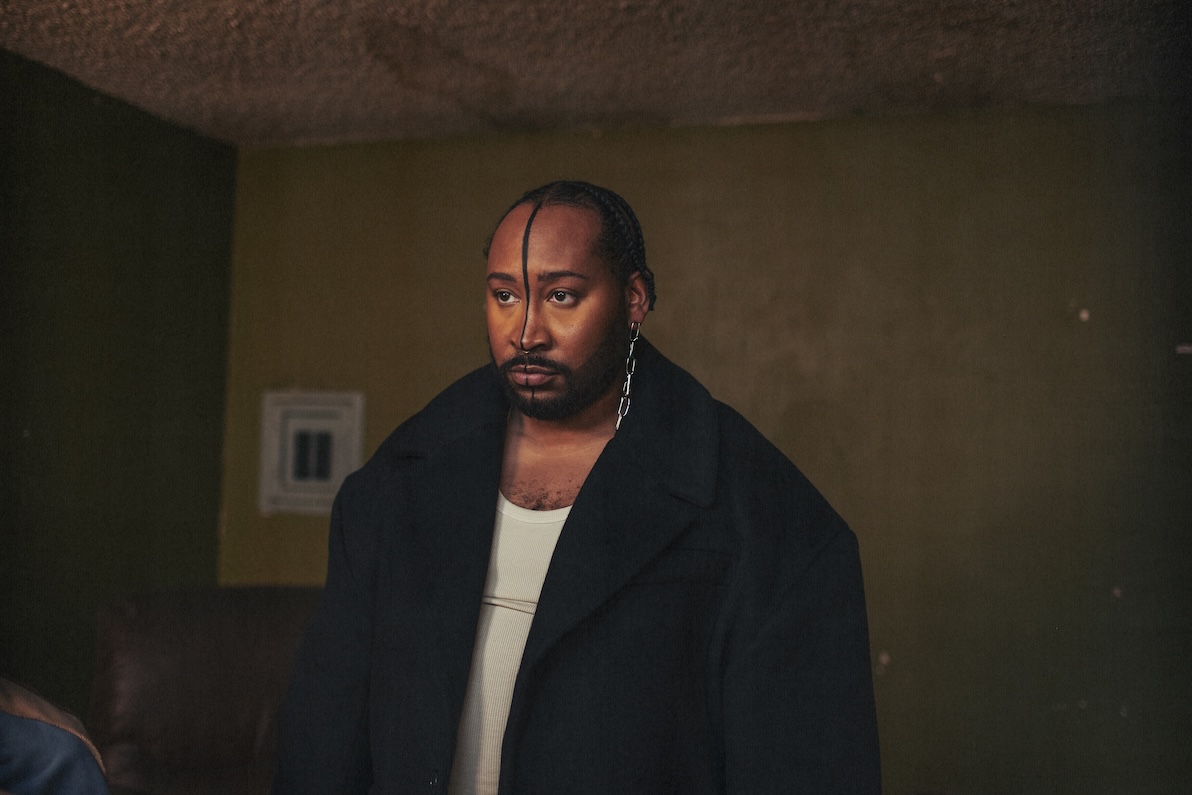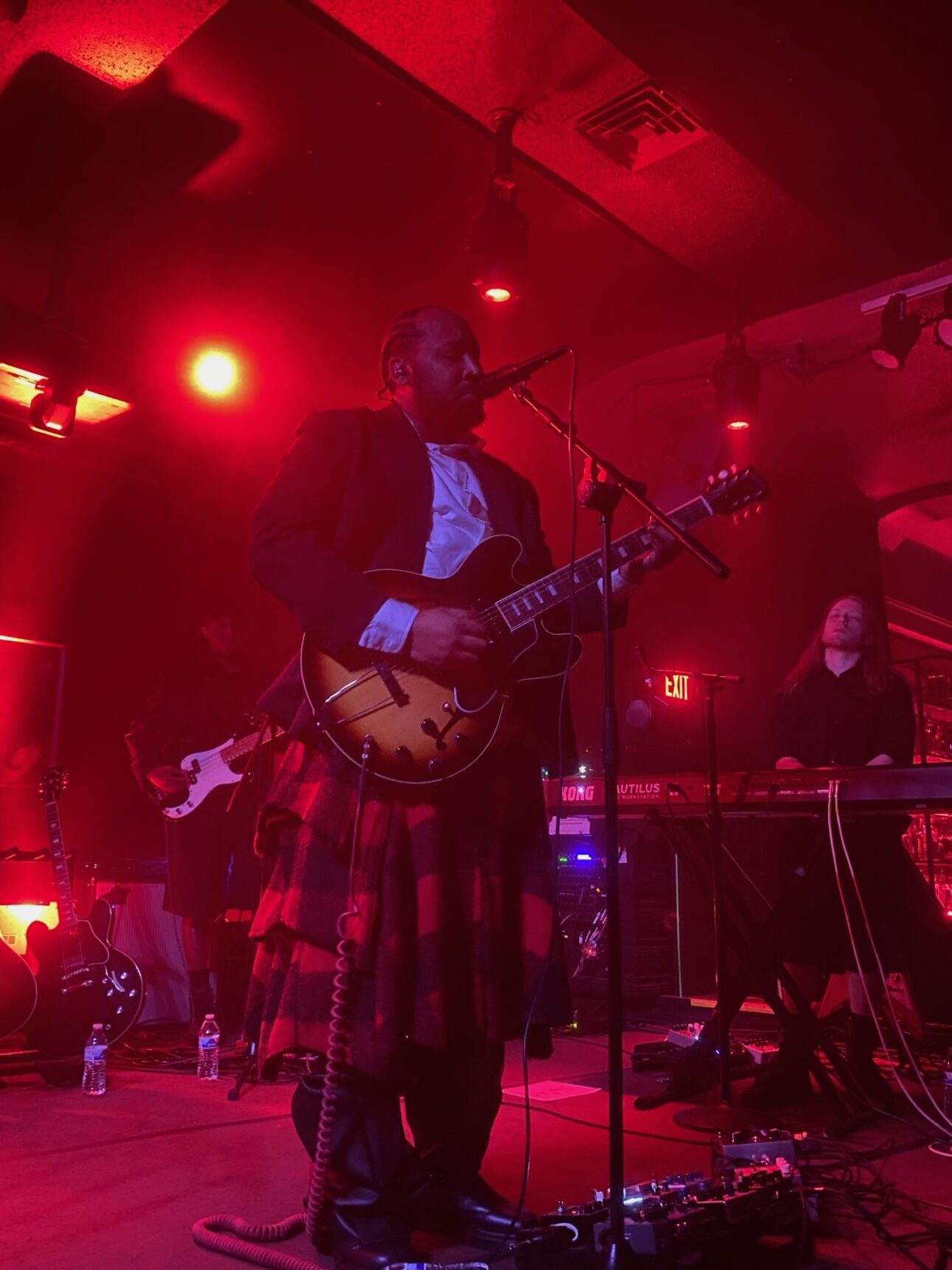
When Bartees Strange took the stage at The Paramount in L.A.’s historic Boyle Heights neighborhood on February 13th, he was quick to let the audience know exactly where he’s at. “I worked on this album for three-and-a-half years and it drove me a little insane,” he opens with, “It feels good to have it coming out, but also feels like I’ve been preparing all this time to run a track meet… and am still out of shape.” The audience chuckles but the look on Strange’s face says, no, he’s being completely honest.
However, if Strange is nervous about returning to the spotlight, you can’t see it when he plays. Clad in a striking red kilt and flowing pirate boots, Strange commands all attention as he kicks the show off with “Too Much,” an increasingly thunderous song where he worries about fully being himself in his music. And then does it anyway.
More from Spin:
- Every Led Zeppelin Album, Ranked
- Lady Gaga Sets ‘MAYHEM’ Track List, ‘SNL’ Return
- Bucking Retirement, Paul Simon Plans 2025 Tour

That’s Bartees Strange’s mantra these days. His new album, the aptly titled Horror, is about forcing yourself to feel your fears, which Strange tells me over a video conference call is how he’s been operating since childhood. Back then, he’d watch scary movies to practice being brave. “I was a naturally nervous kid and didn’t think I would ever not be nervous, so I was like, well, I just have to get good at being nervous, and [scary movies] was a way to do that.” The first movie young Bartees used to test his mettle was 1997’s Spawn, which left him shook because, “I was so Christian and was like…damn, black dude dies, goes to hell, and Satan’s like, go back and run missions for me. That’s heavy.”
Strange’s love for the genre has grown since then. He feels a kinship to how it’s a riskier art form that allows him to explore the root of horror fear. “Fear as an emotion is something that every human feels, but it’s not like love or happiness or courage. It’s a thing that you want to get away from as soon as you feel it,” says Strange. “I wanted to focus on how powerful fear can be, and how people kind of face the same fears over and over in life. And if you can, maybe not defeat them, but learn how to face them, you might have a more fulfilling life.”

To make his listeners face his fears (and hopefully their own), Strange crafted his album to feel like a horror movie; not in a jump-scare way, but in the deeply unsettling sense. That means deeply personal lyrics, sharp tonal shifts, and on songs like “Hit It Quit It” and “Loop Defenders,” building the music to a dizzying, chaotic frenzy… and not resolving it. Every song on the album ends abruptly or at its most anxious moment, by design. Strange explains, “I wanted all the songs to kind of end with a question mark. Things not ending the right way, like horror in an Ari Aster kind of way.”
But like the best scary movies, Horror has a strong ending. The final track, “Backseat Bantam” is brighter, more confident, and even hopeful. “I think that at the end of the record, I wanted to be like, you can only run from yourself for so long. At a certain point, you have to be honest with who you are, and in that is freedom and salvation,” Strange explains, “It’s like a horror movie where you get to the end and escape by going through the scary thing.” After all, the album’s last lines are “The only way up for me is to break down,” which reflects Strange’s view of “You learn more from the bottom of a well than the top of a mountain.”
As a testament to this idea, Strange seems more comfortable in his own music than ever. Stylistically, Horror paints with his broadest canvas, synthesizing hip-hop, country, classic rock, indie rock, and house influences into Strange’s own sound. It also finds the artist, who identifies as bisexual, further expressing his sexuality. “It’s a bit more of how I’ve always seen myself, a little more ethereal,” Strange says, then adding with a laugh, “I never really think of my art as queer art, because I always was like, “Yeah, I’m queer, but that might be the least interesting part about me,” he laughs. “But I am queer and this is my little scary record.” He credits some of this confidence to the artist Claud, who encouraged Strange to own his queerness, reminding him, “You’re not taking up anyone’s space. In fact, you’re making the room bigger for more people to fit.”

Strange also received musical validation from Horror’s producer, Jack Antonoff. After meeting at a music festival cafeteria and bonding over old hardcore bands, they started working together. Strange played on Bleachers 2024 album, and Antonoff offered his expertise on an early version of the album. It was a fun collaboration, as Antonoff helped Horror’s songs evolve, but also, “He didn’t really change my songs.” Strange adds, “He liked how I produced them. And I was like, ‘Whoa, I’m getting compliments on my drum sounds and my guitar sounds and my creative choices from the most successful producer of my era.’”
After all of our theoretical talk of fear, I had to ask: What scares Bartees now? “So many things, like money,” he shares with a laugh. “I try to see myself in 10 years and I’m like… I couldn’t tell you. And that’s scary to me ’cause I’ve always been on a quest to find a place where I could just plop down and not be too worried about money and just be an artist. But more and more, it seems like that opportunity and lifestyle is being eroded away.” It’s a concern that Strange explores in his song “Wants Needs,” which he describes as asking his constant questions of, “How the hell does this work? How do I get to do this next year? Or should I have already quit?”
Based on Horror and the show at The Paramount, the answer to his last question is a resounding “no.”
To see our running list of the top 100 greatest rock stars of all time, click here.
